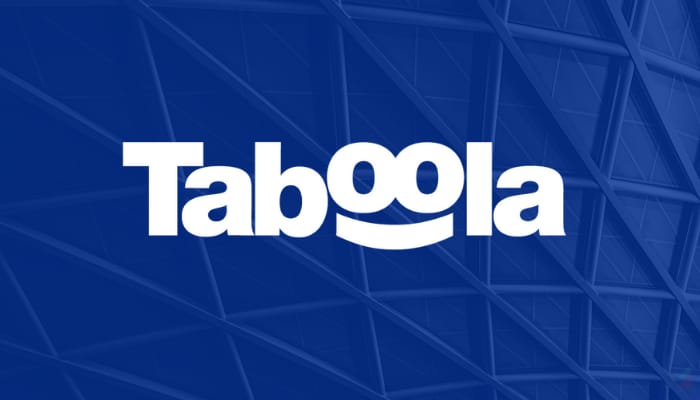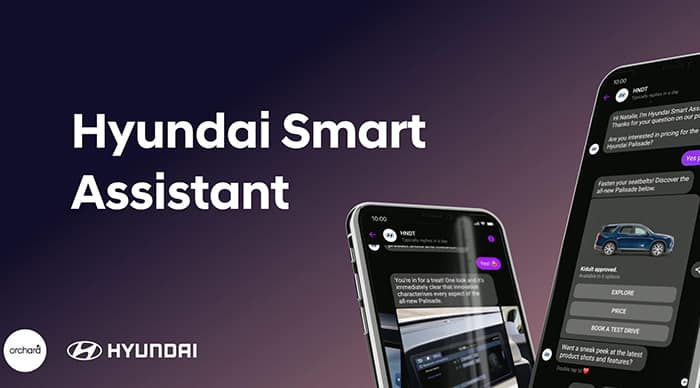Sydney, Australia — Paris-based AI programmatic marketing firm Scibids has announced that it has launched in Australia and New Zealand. Scibids, which builds artificial intelligence for marketing, has appointed former JAPAC sales director for Flashtalking by Mediaocean, James Whitbread, as country manager for ANZ and has also elevated its former commercial director for India, Mansi Garg, to be the commercial director for ANZ.
Scibids AI supports strategic business outcomes for brands by building customizable algorithms for powerful ad decision making that don’t rely on user tracking and profiling to deliver immediate and measurable results.
Scibids AI is enabled within leading Demand Side Platforms, and helps unify the ad stack between planning and measurement and delivers measurable ROI for a long-lasting competitive advantage.
Rahul Vasudev, managing director for Scibids APAC, said that Australia is a market leader in the adoption of new technology, and given the market dynamics around media costs, desire for transparency and talent, an Artificial Intelligence solution like Scibids is a perfect fit.
“We are excited to be able to officially launch in Australia and New Zealand with two highly passionate and experienced individuals like James and Mansi,” Vasudev said.
Whitbread has more than 17 years of media experience across various ad tech, digital and programmatic businesses including DoubleVerify and most recently at Flashtalking. In those roles, Whitbread has been working with high-value brands and agencies plus collaborating with various DSP’s, SSP’s, and ad server partners.
Meanwhile, Garg holds extensive experience in the marketing and advertising industry. Most recently, Garg worked with Scibids in India and also worked for multiple years for the media company GroupM in Australia.
The hiring of Whitbread and Garg comes at a time of quick expansion for Scibids, who recently announced the hiring of in-market teams in Japan as well as India.
Whitbread commented on his appointment, saying, “Both Mansi and I are very excited to be joining Scibids at such a crucial time for the company’s expansion globally and regionally. Scibids is a unique proposition in the fact that it removes the guesswork. Programmatic businesses get an upfront view of the likelihood of AI improving their results. But in addition to improving media efficiency, Scibids brings a huge amount of automation benefits to the trading units as well. Given the shortage of Programmatic Traders in the AUNZ market, this brings massive efficiency to the operations as well.’’












